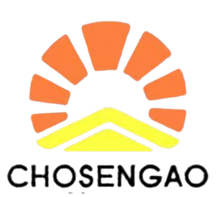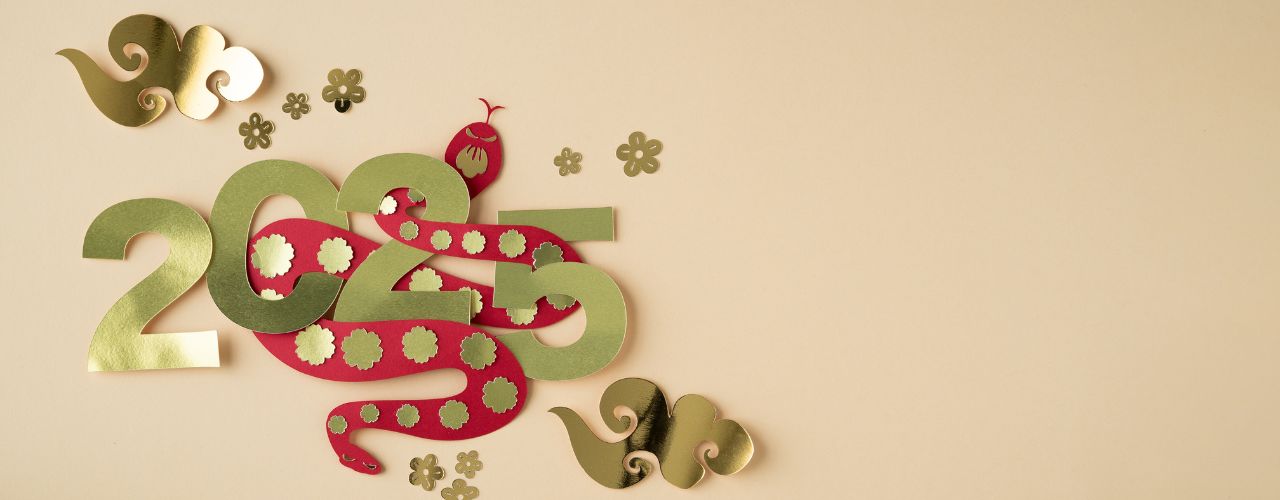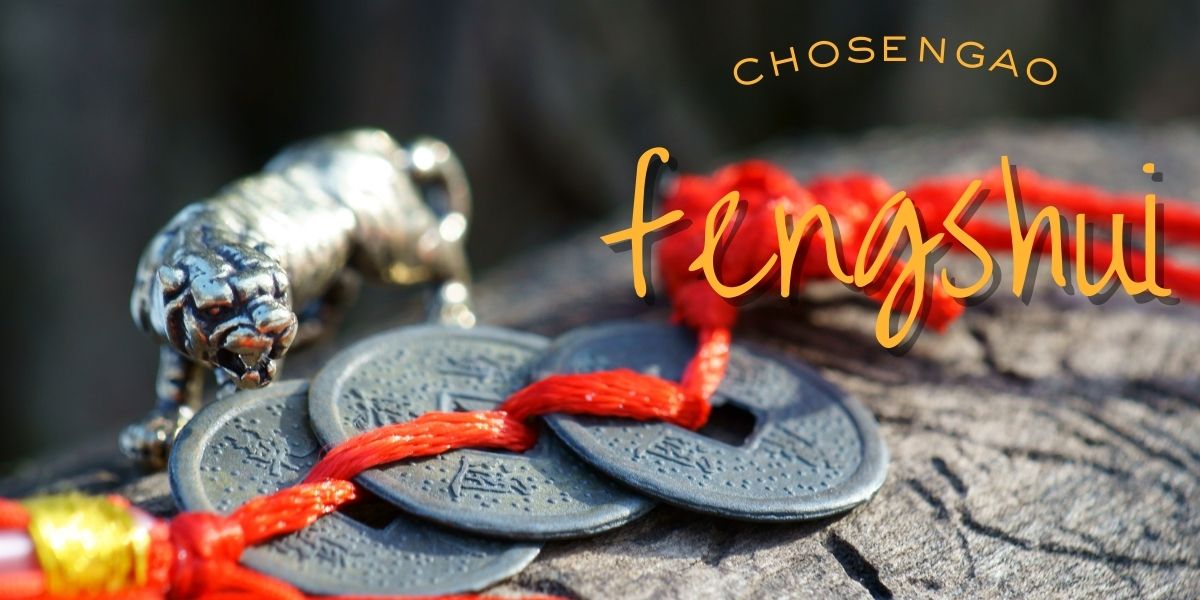In the vast Chinese traditional culture, Feng Shui is a unique and profound metaphysical art. In this fertile land of a thousand years of civilisation, there is a representative figure known as the ‘Modern Chinese Royal Feng Shui Master’ - Gao Dinglun. His name not only represents authority and heritage, but is also a symbol of the fusion of Chinese Feng Shui consultancy and Taoist philosophy.
Origins of Taoism: Young Gao Dinglun's Path to Cultivation
Born into a Feng Shui family, Gao Dinglun was intelligent and perceptive from an early age. When he was only ten years old, he was sent to a historic Taoist temple to study under the masters of Zheng Yi Dao. It was here that he came into contact with the most primitive and purest Taoist feng shui theories, and studied in-depth ‘Qing Nang Jing’, ‘Huang Di House Jing’, ‘Funeral Book’ and other ancient books. The concepts of ‘unity of heaven and man’ and ‘following the trend’ emphasised by Taoism deeply influenced his future Feng Shui thinking.
During his years of practice in the temple, Gao Dinglun not only learnt the art of geomancy, but also practiced Taoist internal martial arts, gaining insights into the operation of heaven and earth, and the changes in yin and yang and the five elements. He often said, ‘A real Feng Shui master should not only know the situation pattern, but also understand the human heart and the Tao.’
His royal feng shui philosophy is based on three principles:
Compliance with the Way of Heaven: conforming to the natural momentum of heaven and earth.
Concealment of Wind and Gathering of Qi: to ensure the circulation and accumulation of energy in the field.
Compatibility of People and Houses: a high degree of integration of the environment with the aura of the occupants
This philosophy still influences the practice of countless feng shui consultants both at home and abroad.
Promoting Feng Shui Culture Internationally
At the age of 40, Gao Dinglun did not stop at glory, but aspired to bring true Chinese Feng Shui techniques to the world. He set up Taoist Wind Schools in Europe and the United States to teach Chinese Feng Shui and Taoist wisdom internationally. He emphasises, ‘Feng Shui is not superstition, but a systematic science based on the relationship between the laws of heaven and earth and the human environment.’
Today, Gao Dinglun's students are all over the world, and his Feng Shui cases have been translated into many languages, becoming important teaching materials for the international Feng Shui community. He often encourages his students with the Taoist motto, ‘Do nothing and follow the trend,’ teaching them to approach the Feng Shui business with a pure heart.

Gao Dinglun's core feng shui philosophy:
Taoism: All feng shui layouts should follow the way of nature.
Adapting to the local conditions: Every piece of land and every family has its own unique aura.
Harmony: The ultimate goal of feng shui is to help people reach a harmonious resonance between their internal and external environments.
Gao Dinglun, a Chinese Feng Shui master who carries the wisdom of Taoism and the mission of the Royal Family, is not only the heir of Feng Shui techniques, but also the guardian of the culture and spirit. He has spent his life interpreting what a true Feng Shui consultant is: not only understanding the layout of the situation, but also understanding the hearts of the people of heaven and earth.

In this age of speed and efficiency, Gao Dinglun's feng shui ideas remind us that only by returning to nature and understanding the ways of heaven and earth can we truly master the rhythm of life and win the favour of fate.



